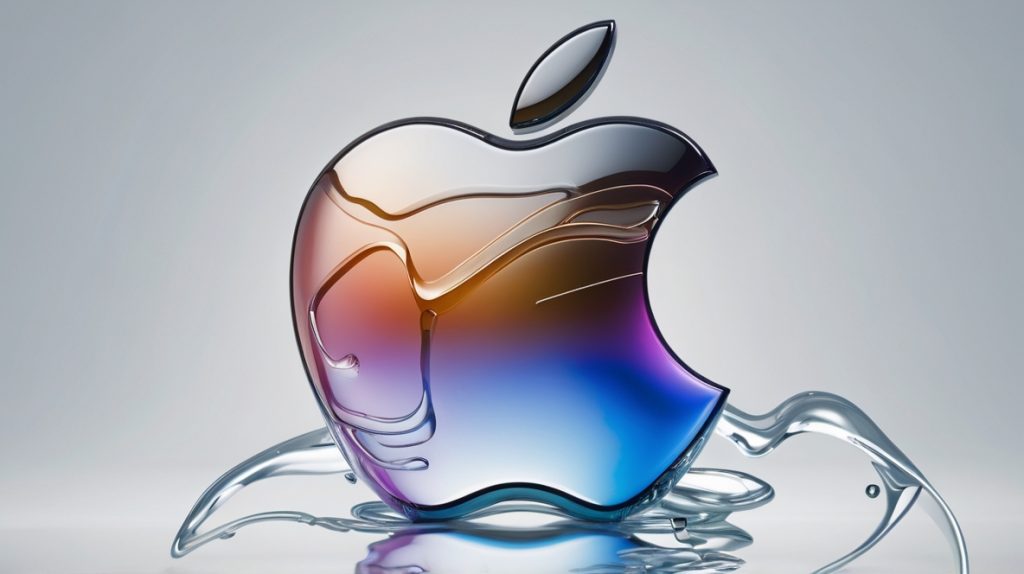European Commission Vice-President Margrethe Vestager has strongly criticized Apple’s recent decision not to launch its artificial intelligence (AI) features in the European Union (EU). Speaking at a Forum Europa event on Thursday, June 27, Vestager described Apple’s move as a “stunning declaration” of anticompetitive behavior.
Apple’s AI Plans and EU Regulations
About a week prior, Apple announced it would not introduce its homegrown AI features, collectively known as Apple Intelligence, in the EU. The company cited concerns that the interoperability requirements mandated by the EU’s Digital Markets Act (DMA) could potentially compromise user privacy and security. This decision came just days before the Commission accused Apple’s App Store of breaching DMA regulations.
The DMA, a key piece of EU legislation, aims to ensure fair competition in digital markets. It designates certain large tech companies, including Apple, as “gatekeepers” and imposes specific obligations on them to prevent anticompetitive practices. Vestager, who serves as both the Commission’s vice president for digital affairs and the Commissioner for Competition, emphasized that the “short version of the DMA” is that companies must be open to competition to operate in Europe.

Potential Consequences for Apple
The stakes are high for Apple, as the DMA allows for fines of up to 10% of a company’s annual revenue for violations. In Apple’s case, this could amount to over €30 billion based on recent financial performance. Repeated infringements could lead to even higher penalties, potentially doubling the fine percentage.
Apple’s AI Features and Integration
Apple’s planned AI features, which include integration with OpenAI’s ChatGPT, were announced on June 10. These capabilities are designed to enhance various Apple services, including the voice assistant Siri, to help with queries and tasks. Unlike standalone chatbots, Apple Intelligence is intended to work across a suite of apps, potentially offering a more integrated user experience.
A key aspect of Apple’s AI strategy is its vertical integration, with both hardware and software custom-made by the company. This approach extends to the infrastructure supporting these AI features, including Apple’s newly-launched Private Cloud Compute, which runs on custom-built servers in the company’s data centers. Apple claims this setup can enhance privacy protections for users.
Vestager’s Criticism and Broader Implications
Vestager’s comments reflect a growing tension between tech giants and EU regulators. She argued that Apple’s decision to withhold its AI features in the EU is a clear indication that the company recognizes these features as another way to stifle competition in areas where it already holds a dominant position.
This clash highlights the complex balance regulators are trying to strike between fostering competition and protecting user privacy and security. While the DMA aims to create a more level playing field in digital markets, critics argue that some of its provisions could have unintended consequences, particularly in areas like user safety and data protection.
Contrasting Views on Regulation
The article presents contrasting viewpoints on the impact of EU regulations. While Vestager champions the DMA as a tool to enhance competition and protect consumers, some industry observers express concerns about potential negative effects on innovation and user security.

For instance, the piece notes that opening up app stores, as required by the DMA, could potentially make users more vulnerable to malware and fraud attempts. This concern echoes arguments made by Apple and other tech companies about the risks of sideloading apps outside of curated app stores.
Global Competition and Innovation
The article also touches on broader issues of global competition and innovation. It raises questions about the EU’s approach to fostering a competitive tech industry, suggesting that some regulatory decisions may inadvertently hinder European companies’ ability to compete on a global scale.
Apple’s Privacy Concerns
Apple has stated that its decision to delay the rollout of AI features in the EU stems from concerns about how the DMA’s interoperability requirements might affect user privacy and data security. The company expressed a willingness to work with the European Commission to find a solution that would allow it to introduce these features without compromising user safety.
This stance aligns with Apple’s long-standing emphasis on user privacy, a position that has sometimes put it at odds with regulators and other tech companies. CEO Tim Cook has previously warned about the potential for AI-driven surveillance, highlighting the delicate balance between innovation and privacy protection.
Conclusion and Future Implications
The conflict between Apple and EU regulators over AI features underscores the ongoing challenges in regulating rapidly evolving technologies. As AI becomes increasingly integrated into everyday digital services, policymakers face the complex task of promoting competition while safeguarding user privacy and security.

The outcome of this dispute could have far-reaching implications for the development and deployment of AI technologies in Europe and beyond. It may also influence how other tech companies approach the introduction of AI features in different regulatory environments.
As the situation unfolds, it will be crucial to monitor how regulators, tech companies, and users navigate these complex issues. The balance struck between competition, innovation, and user protection will likely shape the future of AI development and its integration into digital platforms.
Copyright©dhaka.ai
tags: Artificial Intelligence, Ai, Dhaka Ai, Ai In Bangladesh, Ai In Dhaka, Apple, Future of AI, Artificial Intelligence in Bangladesh



